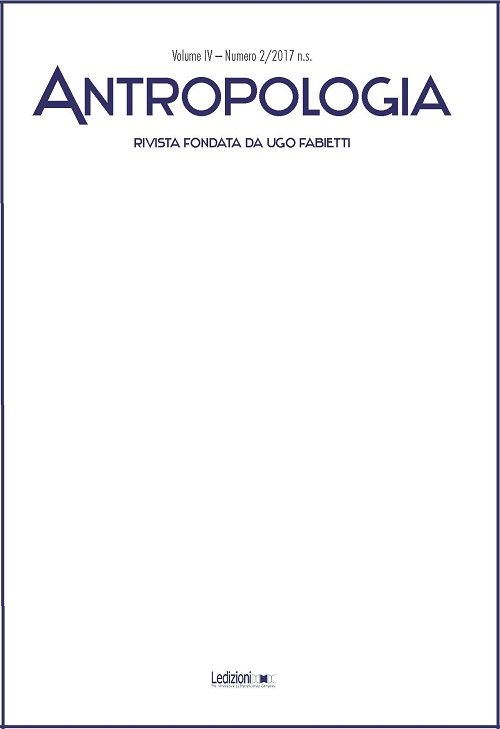“God’s Beloved Sons”: Religion, Attachment, and Children’s Self-Formation in the Slums of Bangkok
DOI:
https://doi.org/10.14672/ada20171290%25pKeywords:
Children, Self, Attachment, Religious NGOs, BangkokAbstract
This article examines the relationship between religion, attachment, and children’s self-formation with regard to children who were born in a slum of Bangkok, and raised as ‘slum children’ (dek salam) in a Catholic NGO, within a primarily Buddhist context. In moving between their home, school, and the NGO, these children are exposed to multiple – and divergent – models of care, which reflect specific religious and socio-political discourses on family, education, ethnicity, and urban poverty in Thailand. The article demonstrates that different forms of adult-child affective relationships represent the political outcome of historically situated relations of power that simultaneously provide dek salam with multiple possibilities of self-formation. While some of these confirm urban poor’s socio-economic and moral subordination, others open up the space for critique and the constitution of a particular kind of political subjectivity in the shadow of the Thai state hegemonic structures.Downloads
Published
2017-10-31
Issue
Section
Special Focus
License
Authors maintain the copyright of their original work and grant the Journal the right to first publication, licensed after 36 months under a Creative Commons Licence – Attribution, which allows others to share the work by indicating the authorship and first publication in this journal.
Authors may agree to other non-exclusive licence agreements for the distribution of versions of their published work (for example in institutional archives or monographs) under the condition that they indicate that their work was first published in this journal.



